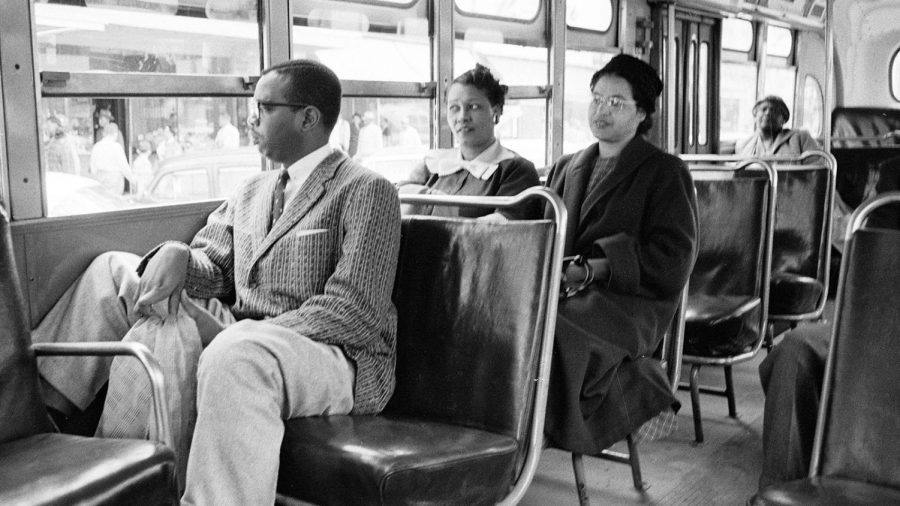This Week in History (11/28)
Rosa Parks participating in the Montgomery Bus Boycott. (Image courtesy of Don Cravens/Getty Images)
November 28, 2022
November 28th, 1919
Nancy Astor took her seat in the British House of Commons, effectively becoming the first woman to do so. Astor served in the House of Commons from 1919-1945
November 29th, 1832
On this day, the great American novelist Louisa May Alcott was born. The writer was most famous for her novel Little Women and its following sequels.
November 30th, 1966
Barbados gained its full and official independence from Britain. The island nation was already internally self-ruled and had been since 1961, but was not officially politically independent from Britain until this day in 1966.
December 1st, 1955
In what would become a historic and infamous display of activism, Rosa Parks violated the segregation laws of Montgomery, Alabama when she refused to give up her seat in the front of a bus to a white passenger. Her arrest was followed by a year-long series of protests and bus-boycotts led by Dr. Martin Luther King Jr.
December 2nd, 1993
Pablo Escobar, the head of the Medellín cartel, was killed in a shootout with Columbian forces. He has been regarded as one of the most powerful drug traffickers of the final decades of the 20th century.
December 3rd, 1818
Illinois was admitted as an official U.S. state. It was the 21st state to do so and served as President Abraham Lincoln’s place of residence from 1847-1859, where he started his career in law and politics.
December 4th, 1918
President Woodrow Wilson left the United States and headed to France, where he would eventually form the League of Nations, the first intergovernmental organization joined by the United States. The League of Nations is oftentimes thought of as the precursor to the modern League of Nations.


